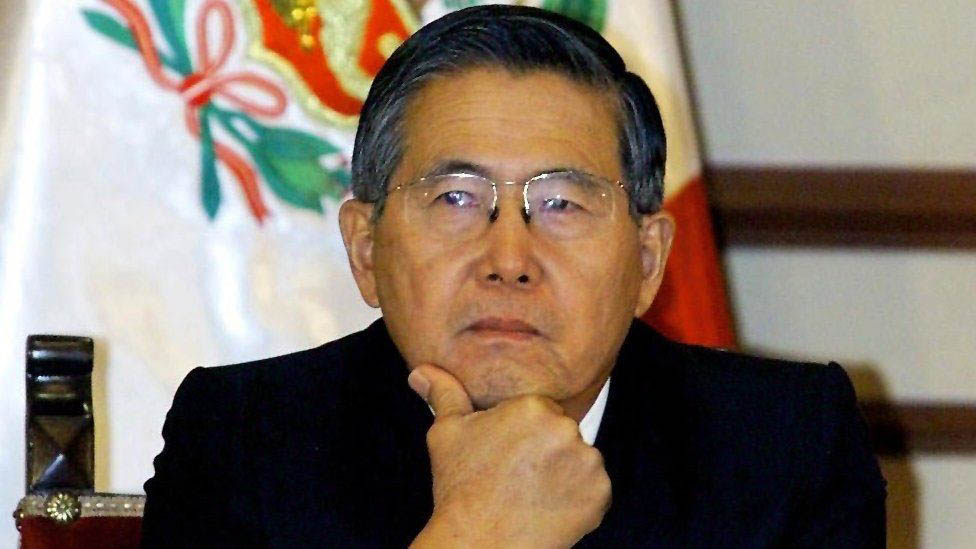LIMA, (Reuters) – Former Peruvian president Alberto Fujimori, who steered economic growth during the 1990s but was later jailed for human rights abuses stemming from a bloody war against Maoist rebels, died on Wednesday. He was aged 86.
Close colleagues visited him earlier in the day, reporting that he was in a critical condition.
“After a long battle with cancer, our father… has just departed to meet the Lord,” his daughter Keiko Fujimori wrote in a message on X, also signed by the former leader’s other children.
Fujimori, the son of Japanese immigrants, was the little-known chancellor of a farming university when elected to office in 1990. He quickly established himself as a cunning politician whose hands-on style produced results even as he angered critics for concentrating power.
He slayed hyperinflation that had thrown millions of Peruvians out of work, privatized dozens of state-run companies, and slashed trade tariffs, setting the foundations for Peru to become, for a while, one of Latin America’s most stable economies.
Under his watch, the feared leader of the Maoist Shining Path, Abimael Guzman, was captured – dealing a crucial blow to a movement that in the 1980s seemed close to toppling the Peruvian state. Guzman died in prison in September 2021.
But many Peruvians saw Fujimori as an autocrat after he used military tanks to shut down Congress in 1992, redrafting the constitution to his liking to push free-market reforms and tough anti-terrorism laws.
A slew of corruption scandals during his 10-year administration also turned public opinion against him.
Shortly after he won a third election in 2000 – amending the constitution to run – videos emerged of his top adviser and spy chief Vladimiro Montesinos doling out cash to bribe politicians. Fujimori fled to exile in Japan.
He resigned via fax from Tokyo and then unsuccessfully campaigned for a Japanese senatorial seat.
Montesinos was later captured in Venezuela and jailed, convicted by the hundreds of videos he recorded of himself handing out cash bribes to politicians and business and media executives.
The cases against Fujimori piled up – including accusations that he had ordered the use of death squads in his battle against Shining Path militants.
Fujimori was safe in Japan – he was a dual citizen and Japan does not extradite its citizens. So many were shocked when in 2005 he decided to head back to Peru, apparently in hopes of forgiveness and a return to politics.
Instead, he was detained during a layover in Chile, extradited to Peru in 2007, and in 2009 he was convicted and sentenced to 25 years in prison.






